 用户中心
中文
用户中心
中文
 用户中心
中文
用户中心
中文
Conference Date: February 25-27, 2022
Conference Venue: Guilin, China
Submission Deadline: December 30, 2021
Index: SCIE, EI-JA Compendex, Scopus
In recent decades, the global energy consumption has been increasing rapidly, so the search and development of environmentally friendly energy storage devices with excellent performance has become one of the current research hotspots. Energy storage technology was considered a method of improving power quality, reliability, in addition to yielding other benefits.
The 2022 International Conference on Energy Storage Technology and Power Systems (ESPS 2022)will be held on February 25-27, 2022 in Guilin, China. ESPS 2022 is to bring together innovative academics and industrial experts in the field of Energy Storage Technology and Power System to a common forum. The primary goal of the conference is to promote research and developmental activities in Power System and Energy Storage Technology and another goal is to promote scientific information interchange between researchers, developers, engineers, students, and practitioners working all around the world. The conference will be held every year to make it an ideal platform for people to share views and experiences in Power System and Energy Storage Technology and related areas.
We warmly welcome previous and prospective authors to submit your new research papers to ESPS 2022, and share the valuable experiences with the scientists and scholars around the world.
All accepted full papers will be selected and then submitted to Energy Reports (ISSN: 2352-4847) CiteScore: 2.7 Impact Factor: 6.87 and will be submitted to SCIE/EI-JA/SCOPUS for indexing.
*Please note that only conferences and papers within the scope of the journal Energy Reports are suitable for publication and papers must meet the threshold for quality and ethics – with the Journal retaining final decision.
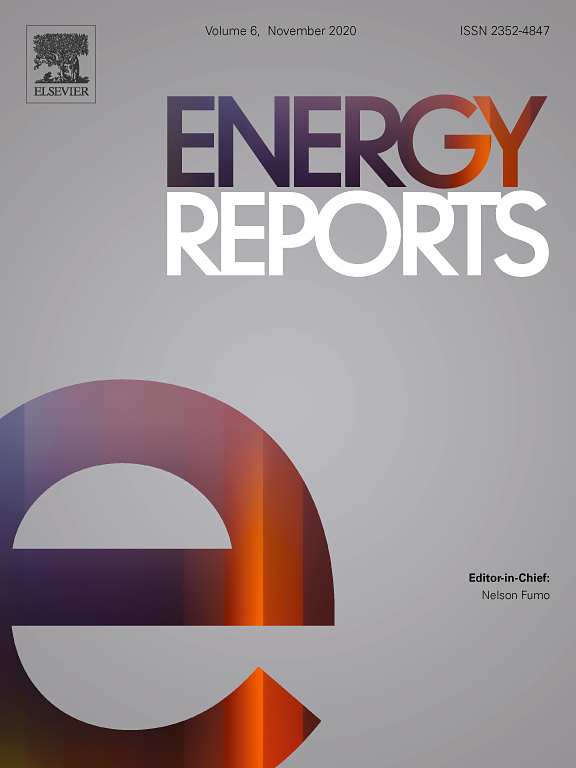
ESPS 2022 welcomes author submission of papers concerning any branch of the Energy Storage Technology and Power Systems and their applications in electrochemical, and other subjects. The subjects include Energy Storage Technology, Power Systems, Energy Internet, Distributed generation, Inductive energy storage, Electrical and energy circuits and systems, and their applications.
|
Energy Storage Technology ? Electrochemical Storage ? Thermal Energy Storage ? Mechanical Energy Storage ? Wind Energy Storage ? Hydrogen Energy Storage ? Inductive Energy Storage ? Capacitive Storage System ? Power Storage Equipment ?Energy Storage material Engineering ? Energy Internet ? Energy Storage System Design
|
Power Systems ? Power Systems ? Electrical and Energy Circuits and Systems ? Power Quality Protection and Electromagnetic Compatibility ? Power System and Automation ? Power System Planning and Dispatching ? Transmission and Distribution System and Equipment ? Distributed Generation ? Electrical Element Network ? Power System Relay ? Electricity and Energy Systems ? Power Engineering Materials ? Tidal, Wave, Ocean, River and Hydroelectric Systems |
Energy Storage Material Engineering 储能材料工程 ? Solar Cell ? Fuel Cell ? Lithium Battery ? Solid State Battery ? Lithium Ion Battery ? Hydrogen Cell? Sodium-ion Battery ? Li-O2 Batteries ? Li-air Batteries ? Li-Sulfur battery ? Catalyst
|
ESPS 2022 has been launched on polyU's official website! https://research.polyu.edu.hk/en/activities/
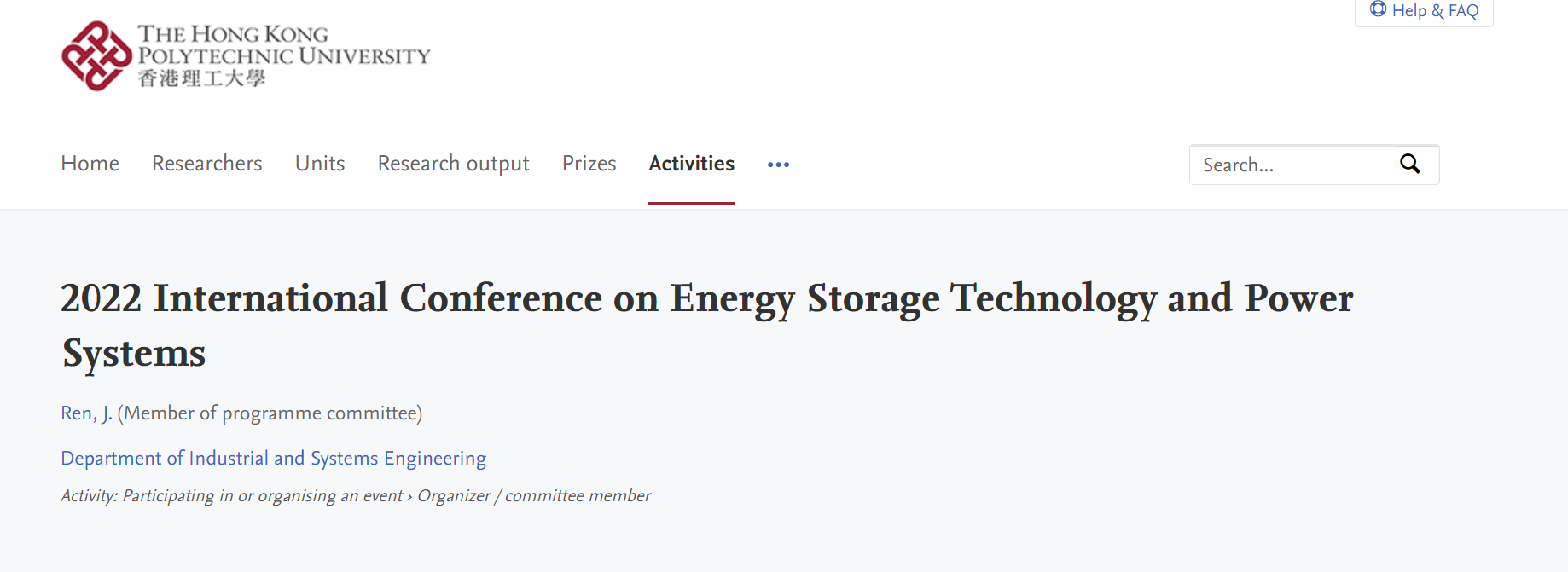
Guilin Introduction
'East or west, Guilin landscape is best!' Located in the northeast of Guangxi Zhuang Autonomous Region in south China, Guilin is considered to be the pearl of China's thriving tourist industry on account of the natural beauty and historic treasures.
Covering an area of about 27,800 square kilometers (10,734 square miles), the city is rather compact when compared with other major travel destinations in the country. The stunning landscape in which the city is situated has a kind of magic that is all its own. The strangely shaped hills or karsts, with the verdant vegetation ranging from bamboos to conifers together with crystal clear waters and wonderful caves make the city such an appealing destination. It is an important cultural city with a history of more than 2,000 years, and has been served as the political, economic and cultural center of Guangxi since the Northern Song Dynasty (960-1127).






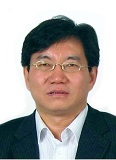
Prof. Fushuan Wen(文福拴)
Zhejiang University, China
Biography: Professor Fushuan Wen received the B.E. and M.E. degrees from Tianjin University, Tianjin, China, in 1985 and 1988, respectively, and the Ph.D. degree from Zhejiang University, Hangzhou,
His research interests include: 1) power economics and electricity markets; 2) power system investment, planning and operation optimization; 3) smart grids and electric vehicles; 4) power system alarm processing, fault diagnosis and system restoration; 5) artificial intelligence applications in power and integrated energy systems. He has published 200+ SCI-indexed papers, 610+ EI-indexed papers, and 710+ Scopus-indexed papers. His publications have been cited for 15600+ times. He has completed and is undertaking more than 170 grants and projects from governmental organizations and industry.Prof Wen received many awards both at the national level and provincial level, including the most prestigious National Natural Science Award of China. He has been listed in "Most Cited Chinese Researchers" in six consecutive years since 2015 by Elsevier, and is the author of one of the China's 100 Most Influential Domestic Academic Papers in 2016. Prof Wen was elected to IEEE Fellow for contributions to fault diagnosis in power grids in November, 2020.
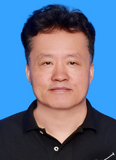
Prof. Rongbang An(安荣邦)
Jinan University, China
Biography: Professor Rongbang An graduated from University of Electronic Science and Technology of China, majoring in large-scale integrated circuit, bachelor of Engineering. Researcher of Energy and Electric Power Research Center of Jinan University, responsible for the establishment of energy Intelligent Networking Institute. Mainly engaged in integrated circuit and dedicated operating system research. He presided over the R&D of CDCT mobile terminal of 863 project; Invented the whole line of portable antennas: changed the rules of mobile terminal design; The near-field simulation accuracy of electromagnetic field is promoted to 1dB of the principal and deputy (30dBm field intensity). Developed complete near field design rules, tools and processes; A directional excitation magnetic resonance wireless power transmission method has been invented, which can effectively improve the ability of electromagnetic wave to penetrate the soil. Developed the world's first SOC dedicated to solar energy: effective detection of dc arc pulls between wires and within modules. Since 2002, he has been identified as the "most promising employee" by Nokia. He was named a core talent by Microsoft in 2014. He was appointed as the global R&D President of Hanergy Group from 2017, and was generally responsible for the technology, product and intellectual property work of Hanergy Group.
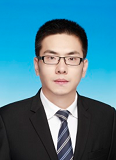
Prof. Qi Liu(刘琦)
Beijing Institute of Technology, China
Biography: Professor Liu Qi borned in Xingxian county, Shanxi Province, special researcher and doctoral supervisor of Beijing Institute of Technology. Selected into the National Postdoctoral Innovation Talent Support Program. Sep. 2012-Mar. 2018, Beijing Institute of Technology, Master and doctoral program, received the doctor degree of Engineering in March 2018; March 2018 -- April 2020, Postdoctoral Fellow, Beijing Institute of Technology; He studied under Academician Wu Feng of Beijing Institute of Technology. Since April 2020, he has been working in the research team of Academician Wu Feng, School of Materials, Beijing Institute of Technology, as a special researcher/doctoral supervisor. He was selected into the 2018 National Postdoctoral Innovation Talent Support Plan, and undertook the national Natural Science Foundation of China Youth Project, China Postdoctoral Science Foundation General First-class funding project as the project leader; As the backbone of the project, he has participated in the national 973 Program, 863 Program, National Key RESEARCH and Development Program of the Ministry of Science and Technology, National Natural Science Foundation of China, Sino-US Bilateral Science and Technology Cooperation project of the Ministry of Science and Technology, Beijing Natural Science Foundation and many other national and provincial scientific research projects. Since 2014, In Journal of Physical Chemistry C, Physical Chemistry Chemical Physics, Journal of the Electrochemical Society, ChemSusChem, Energy Storage Materials, Chinese Physics B, Electrochimica Acta and ACS Applied Energy He has published nearly 20 SCI papers in authoritative journals at home and abroad, including 12 papers as the first author or corresponding author. 7 national invention patents have been applied. As a reviewer for journals such as Journal of the Electrochemical Society.
Speech Title: Insight on lithium anode interphasial chemistry: Reduction mechanism of cyclic ether solvent and SEI film formation

Assoc. Prof. Alessandro Romagnoli
Nanyang Technological University, Singapore
Biography: Professor Alessandro Romagnoli gained a First Degree cum laude in Mechanical Engineering in 2003 from the “University of Ancona” in Italy, after which he worked for two years at Lucci Collettori Spa (Ancona, Italy) where he supervised the design and production of commutators for electric motors. In 2006 he worked for 6 months at Seagate Technology Inc. and he then began a PhD at Imperial College London in the Thermo-Fluids Division focussing on aerodynamic study of single and twin-entry mixed flow turbines under unsteady conditions. As a part of his research, he also studied heat transfer effects occurring in turbochargers. After completing his PhD in 2010, Alessandro worked as Research Associate at Imperial College London. In 2013, he joined Nanyang Technological University as an Assistant Professor. His responsibilities include teaching undergraduate courses, run lab-tutorial, supervising PhD students and FYPs.
Besides his academic activity Alessandro has also worked for three years (2010-2013) as engineering consultant under ICON (Imperial College CONsultant). In 2012, he founded a UK-based engineering consultancy company (RhodoConsultants, www.rhodoconsultants.com ) offering design, test and advice on energy efficiency, turbomachinery and waste heat recovery systems. Alessandro also acts as reviewer for several engineering journals (ASME, SAE, IMechE, Elsevier), collaborates as freelancer with the automotive magazine Torque (published in Singapore).
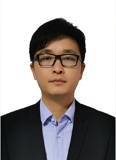
Assis. Prof. Lele Peng (彭乐乐)
Tsinghua University, China
Biography: Professor Lele Peng, Tsinghua Shenzhen International Graduate School, China, received his Ph.D. degree in Materials Science from the University of Texas at Austin in 2017 under the supervision of Prof. Guihua Yu, and worked as a postdoc in the Yu Research Group after his graduation. From 2018 to 2020, he worked as a postdoc with Prof. Xiangfeng Duan in the Department of Chemistry and Biochemistry at the University of California, Los Angeles (UCLA). His research mainly focuses on the materials and devices design for safe energy storage. He has published over 50 peer-reviewed papers on many top-tier journals, including Science, Nature Catalysis, Nature Reviews Materials, Chemical Society Reviews, National Science Review, Nature Communications, JACS, Angewandte Chemie, Advanced Materials, Advanced Energy Materials, Energy Environmental Science, Nano Letters, ACS Nano and others. His publications have been cited more than 10000 times with an H-index of 42 (Google Scholar). He has won many prestigious awards including Clarivate Highly Cited Researchers (2019, 2020) for two consecutive years, Chinese Government Award for Outstanding Self-financed Students Abroad (2017) and Honorable Mention Award for Link Foundation Energy Fellowship (2015).

Assoc. Prof. Zulipiya Shadike(祖丽皮亚·沙地克)
Shanghai Jiao Tong University, China
Biography: Professor Zulipiya Shadike is an Associate Professor in Department of Mechanical Engineering at Shanghai Jiao Tong University, China since June 2021. She received her Ph.D. in Physical Chemistry from Fudan University in 2017, and then worked as a Research Associate (2017-2020) and Chemistry Associate (2020-2021) in Brookhaven National Laboratory, New York. Her research focuses on developing high energy lithium/sodium batteries by designing, synthesizing, and characterizing novel electrode materials as well as electrolytes. Dr. Shadike published over 45 papers in international peer-reviewed journals including Nature Nanotechnology, Nature Communications, Energy & Environmental Science, Advanced Materials and Advanced Energy Materials. Her research achievement has been recognized by several awards including USDOE’s Battery500 consortium “Young Investigator Award” (2019), “Outstanding Oral Presentation Award” of Brookhaven National Laboratory’s Early Career Researcher Symposium (2019) and Brookhaven National Laboratory “Spotlight Award” (2019).
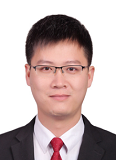
Assoc. Prof. Baowen Zhou(周宝文)
Shanghai Jiao Tong University, China
Biography: Baowen Zhou is an associate professor of Institute of Advanced Energy and Powertrain Technology, Shanghai Jiao Tong University. He got the PhD Degree at Institute of Chemistry, Chinese Academy of Sciences in 2016; and he conducted the post-doctor research at McGill University (Jun.2017 - Oct.2018, Canada) and University of Michigan Ann Arbor (Oct.2018 – Dec.2020, USA). His research interest is focused on the next generation of semiconductors and artificial photosynthesis integrated devices and systems for photo-electro-thermal-driven water splitting, CO2 fixation, and biomass conversion toward clean energies, as well as pollutants control. He has published over 35 papers with over 1200 citations including PNAS, Nat. Commun., Energy Environ. Sci., J. Am. Chem. Soc., Angew. Chem. Int. Edit., Chem and Chem. Sci. 4 USA/PCT Patents are under pending, and 3 Chinese Pa, tents were granted. He won the honor of “2020 Top 10 Global Advancements in Science and Technology” elected by the Academicians of both Chinese Academy of Sciences and Chinese Academy of Engineering.
updating...
Copyright(C) 2022 International Conference on Energy Storage Technology and Power Systems (ESPS 2022)